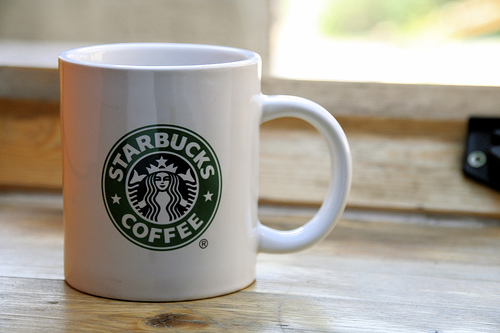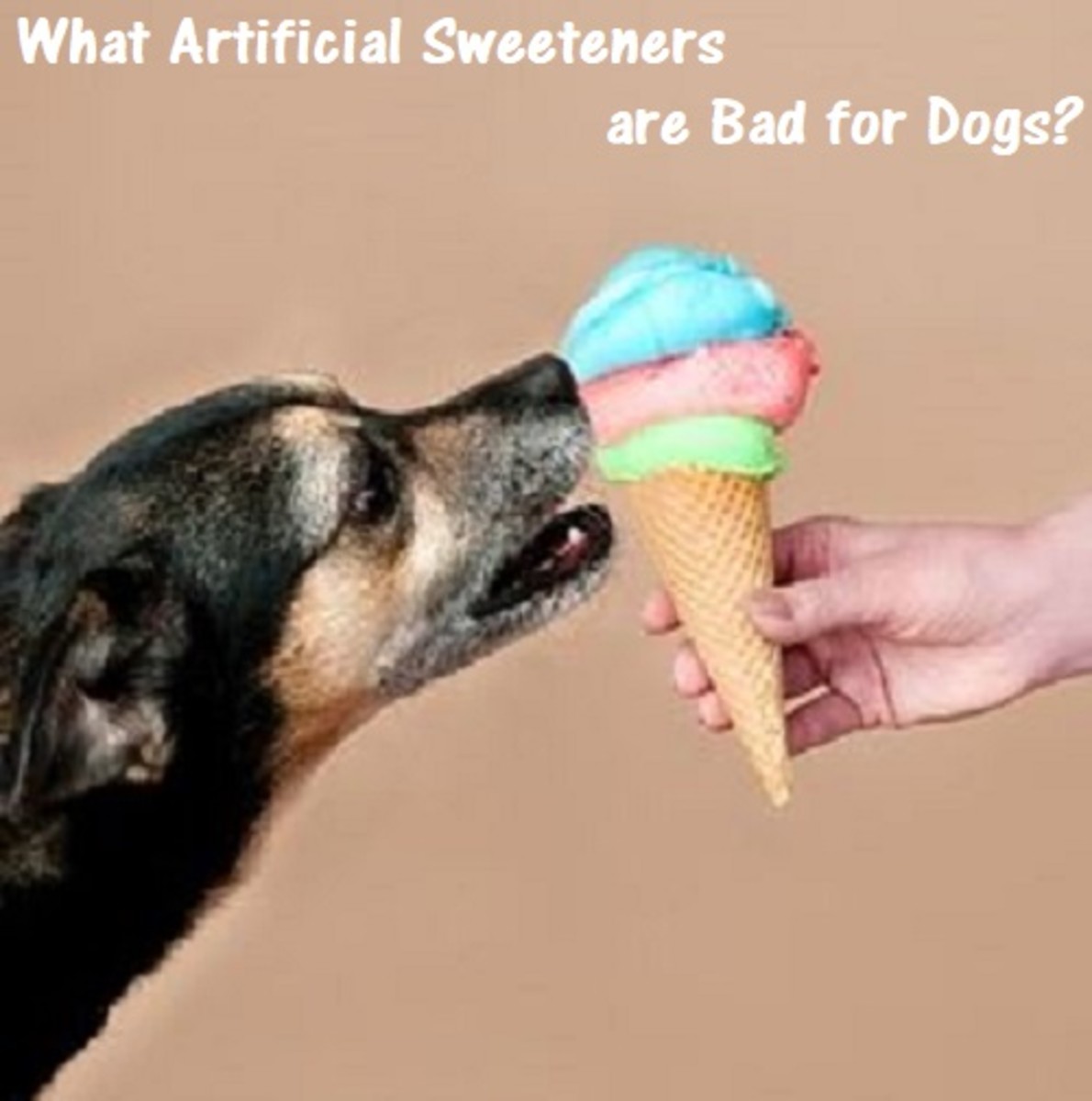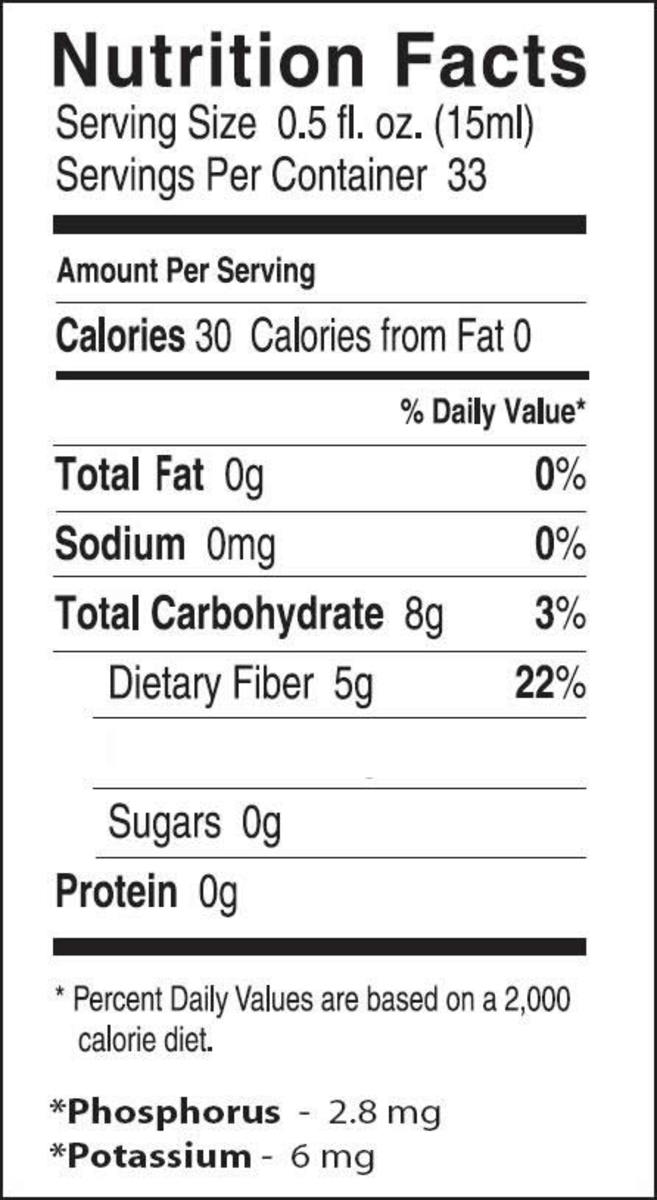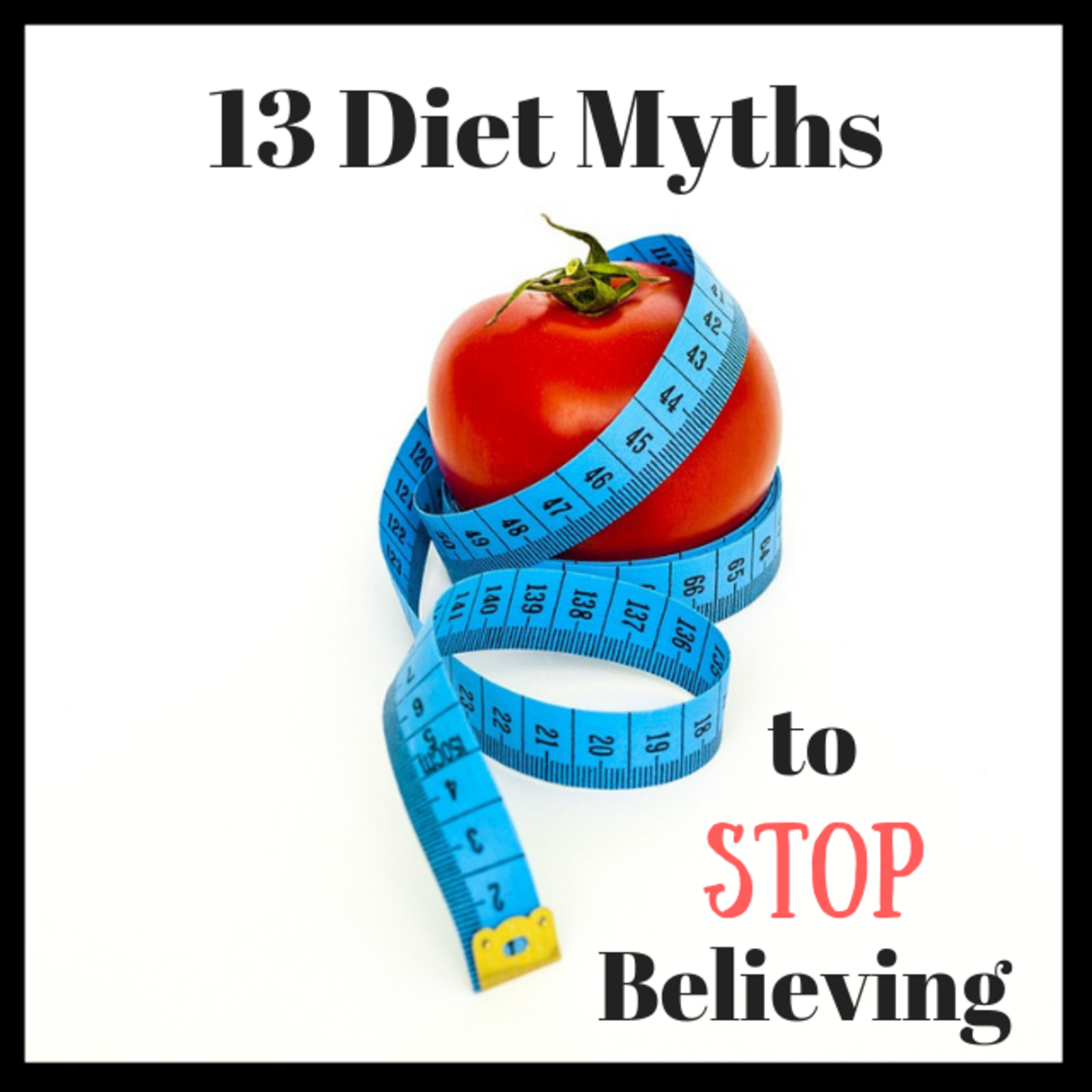- HubPages»
- Health»
- Women's Health»
- Pregnancy
The Low-Down on Artificial Sweeteners During Pregnancy (with an In-Depth Look at Aspartame)

Will you or did you consume artificial sweeteners during your pregnancy?
The Basics on Artificial Sweeteners
Making decisions about what to eat and what not to eat while pregnant could literally consume (pun slightly intended) every second of your 40 weeks of pregnancy. I am currently on my second pregnancy, and just as I did the first time, I have tried to eat as healthily as possible without becoming totally obsessive. The main difference this time is that between my last pregnancy and this one, I had started drinking some diet sodas and sugar-free decaf coffee drinks. I started hearing about aspartame and wanted to look into this and artificial sweeteners more generally because I had heard some concerns.
During pregnancy in particular, many of us have cravings for sweets and may be drawn to diet or sugar free options for food and drink to try to keep our weight gain down. At the same time, we want to be sure that we are providing ourselves and our growing babies with the right nutrients.
There are so many diet and sugar-free options out there now, and I really had a hard time keeping them straight. I made a chart below that will hopefully help categorize them. The chart breaks down sweeteners into "nutritive" and "non-nutritive" - really, the nutritive ones are ones that are not artificial and contain calories, but I thought it was still useful to list them out. I broke the non-nutritive ones down into safe, under debate, and not safe, based on my research. I also decided to write more about aspartame in particular, because it is so pervasive and the subject of the most debate. I hope this article will help other pregnant women make their own educated choices.
Summary of Types of Sweetners and Safety During Pregnancy
Nutritive Sweetners
| Non-Nutritive Sweeteners (Considered Safe)
| Non-Nutritive Sweetners (Under Debate)
| Non-Nutritive Sweetners (NOT considered safe)
| |
|---|---|---|---|---|
Table sugars (sucrose, dextrose, honey, corn sugar, fructose, maltose)
| Stevia
| Aspartame (Equal, NutraSweet)
| Saccharin (Sweet N Low)
| |
Sugar alcohols (Sorbitol, Xylitol, Isomalt, Mannitol, Hydrogenated Starch)
| Sunett
| Cyclamate
| ||
Sucralose (Splenda)
| ||||
Maltodextrin (used in Splenda and Equal)
|
Diet or Sugar-Free Drinks Without Aspartame
Aspartame is so pervasive, I thought it would be helpful to provide a list of the few drinks that are diet or sugar-free but do not contain aspartame. It was surprisingly hard to gather this list!
Diet sodas without aspartame:
- Hansen's diet sodas (Splenda)
- Diet Rite sodas (Splenda)
- Diet Coke sweetened with Splenda (Splenda)
- Zevia (Stevia and Erythritol)
- Shasta diet sodas (Splenda)
Other drinks without aspartame:
- Starbucks' sugar-free syrups (used in Skinny lattes, frappuccinos, etc). list sucralose and maltodextrin as ingredients. Both are in Splenda, and are considered safe.
Aspartame (Equal, NutraSweet): The Subject of Much Debate
Aspartame is probably the most commonly used artificial sweetener. Without getting into too much of the science, it is composed of two amino acids, phenylalanine and aspartic acid. It is approved by the FDA for pregnant women, but they recommend that consumption is limited. Pregnant women (or anyone) with PKU should not consume any aspartame.
In the United States, aspartame must be listed on the ingredient statement on the food label. This is very helpful for people trying to avoid aspartame.
Aspartame is pervasive in food in the United States:
Currently, aspartame is consumed by over 200 million people around the world and is found in more than 6,000 products including carbonated soft drinks, powdered soft drinks, chewing gum, confections, gelatins, dessert mixes, puddings and fillings, frozen desserts, yogurt, tabletop sweeteners, and some pharmaceuticals such as vitamins and sugar-free cough drops. (Aspartame Information Center).
I am naturally suspicious when something is the foundation of so many diet and low-calorie foods and thus the source of tremendous profits for big businesses. Monsanto owns the patent for aspartame and makes over $1 billion a year off of it. This makes me a little wary of the claims of safety, especially when there is contrary information out there. I've compiled a list of the basic arguments for and against the safety of aspartame during pregnancy, with links to the the sources so you can make your own educated assessment.
Basic arguments in favor of safety:
- FDA and Council on Scientific Affairs of the American Medical Association say it is safe for pregnant and nursing women to use, but in moderation.
- America Dietetic Association says it is safe for pregnant and nursing women.
Basic arguments against safety:
- There was a study published in the American Journal of Clinical Nutrition that followed almost 60,000 pregnant Danish women and found an association (which is not necessarily causation) between consumption of artificially sweetened drinks and pre-term delivery.
- Major concerns are about birth defects and damage to certain areas of the brain. Before birth and during the first year, the blood-brain barrier (protecting unwanted chemicals from entering deepest recesses of the brain) is not fully formed. Dangerous excitotoxins, such as the aspartic acid and phenylalanine in aspartame, can access the child's nervous system. Fetal phenylalanine has the potential to reach levels that kill cells in tissue culture.
- Since it was FDA approved in 1981, aspartame has accounted for more than 75 percent of all complaints reported to the FDA’s Adverse Reaction Monitoring System. (Source).
Like all choices during pregnancy, it boils down to how you feel about what you put in your body. After doing this research, I have concluded that, for me, the possible risks of aspartame outweigh the benefits and try to avoid it. I did enjoy my Caffeine Free Diet Coke, but I've found that Hansen's diet sodas are just as satisfying.

Take Home Points - Avoid Aspartame, Splenda and Stevia are Splendid
The title of this section is somewhat tongue in cheek, and really it just summarizes where I ended up, not any expert opinion. The more I read about aspartame, the more I figured I just don't need it. Maybe it is safe, but maybe it's not. I'm not crazy about diet sodas anyway, and I would rather drink water or just drink a soda with natural sweeteners. I was also very relieved to find out that Starbucks sugar-free sugars use sucralose and not aspartame.
As far as other artificial sweeteners, I will still try to limit my use of Splenda. It seems to me that the less processed, the better, in general, and it's still highly processed. I will try to eat as many fruits and veggies as possible, but I will allow myself my Starbucks Skinny Vanilla Latte. It's all a balancing act, and that's where I come out. Stevia also seems fine, and some of the natural sodas I like anyway seem to use it.
I would love to hear how others have come out on this decision - it seems there are so many decisions to make during pregnancy, and so much information out there!
Useful Resources on Safety of Artificial Sweeteners During Pregnancy
- Side-by-Side Comparisons of Artificial Sweeteners
There are so many artificial sweeteners out there that it's hard to keep them straight. And with all the information swirling around about the safety of each one, it can be hard to know which to choose. Are you a fan of sugar substitutes? Here's a li - Is it safe to use artificial sweeteners during pregnancy? | BabyCenter
Should you give up that diet soda at lunchtime if you know that you're pregnant? Get the facts from genetic counselor Kristina Kahl.








